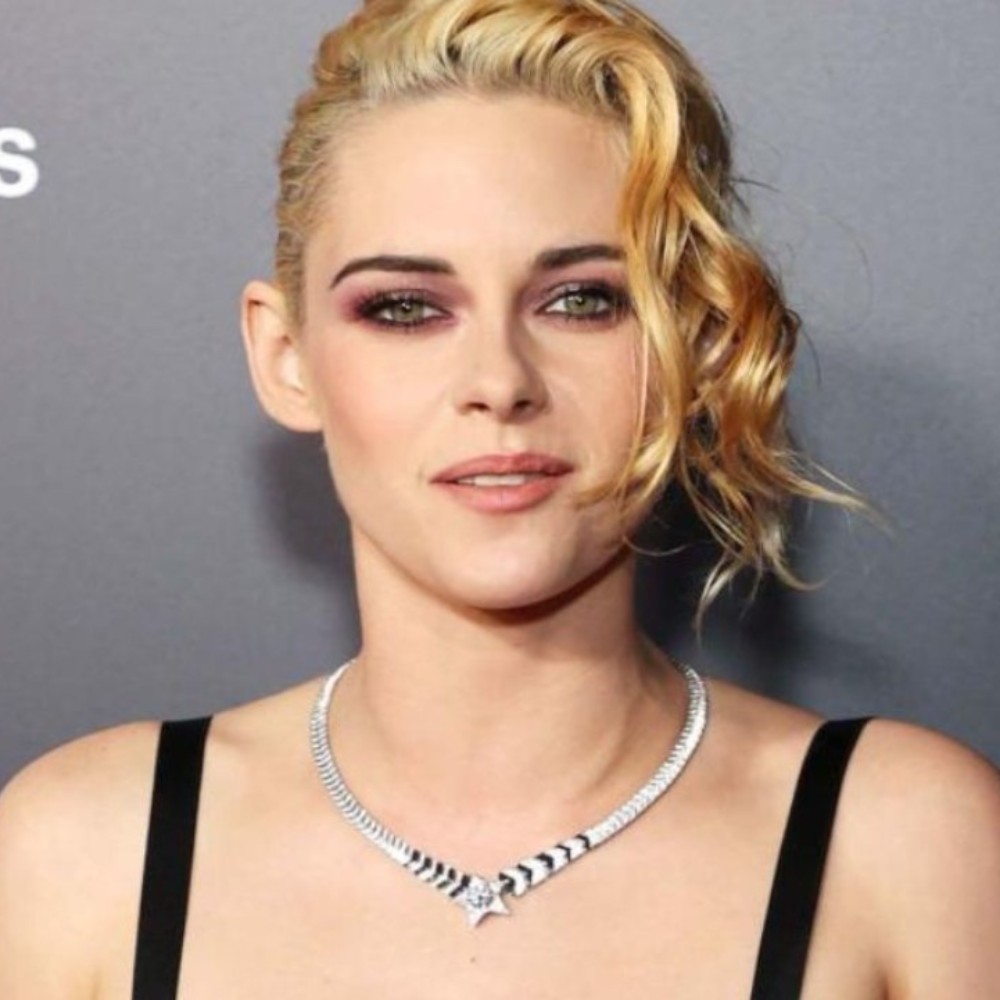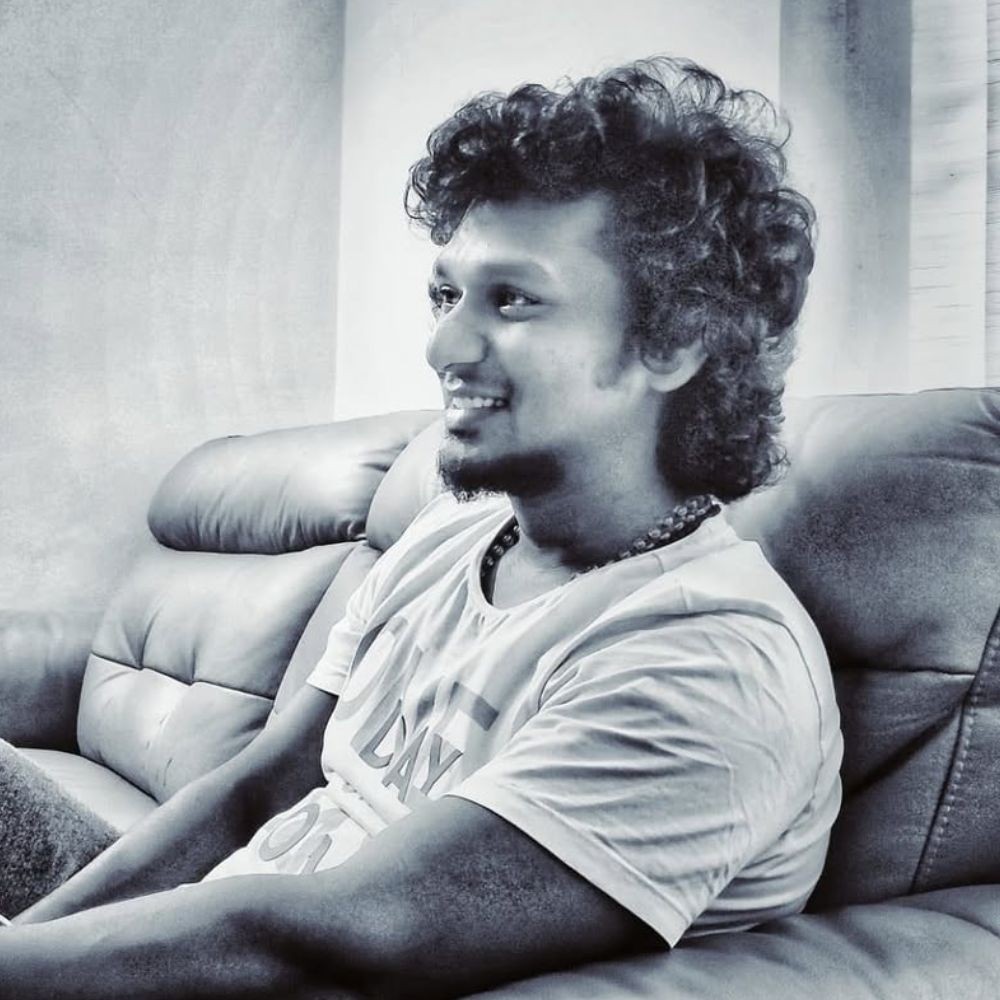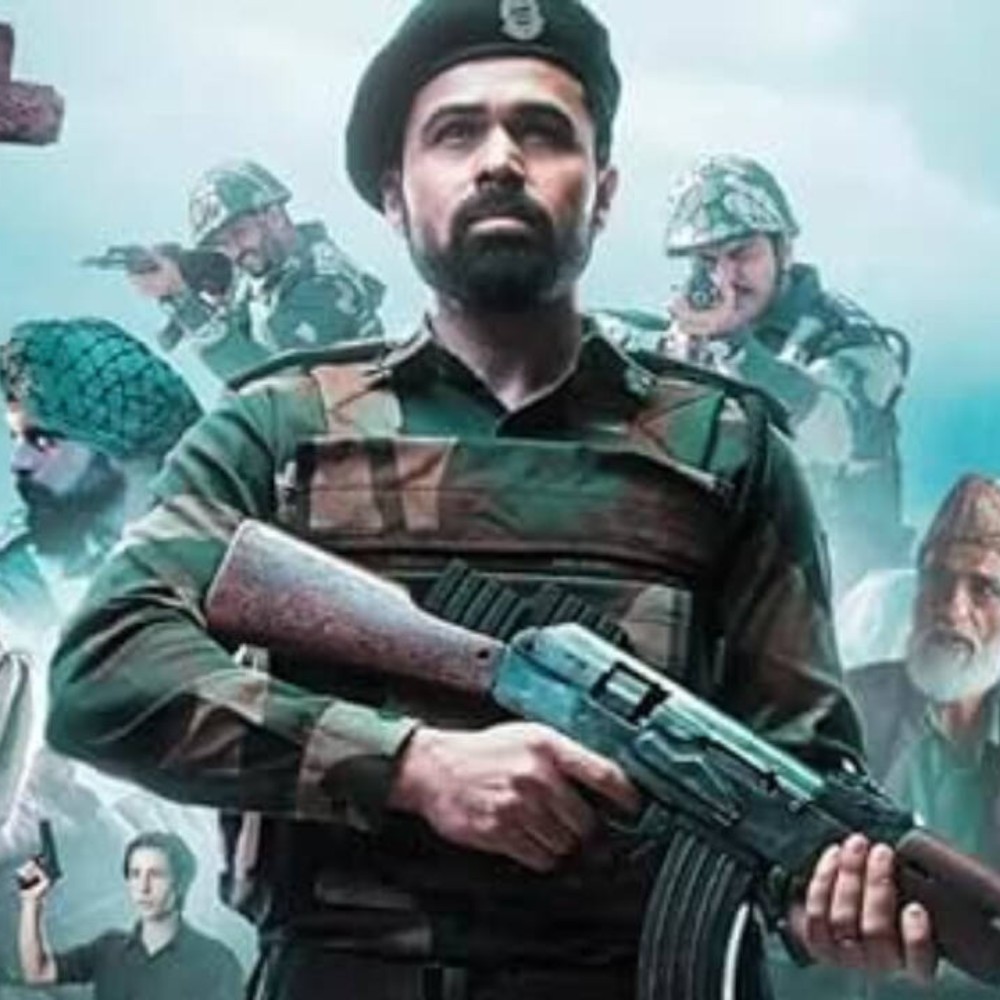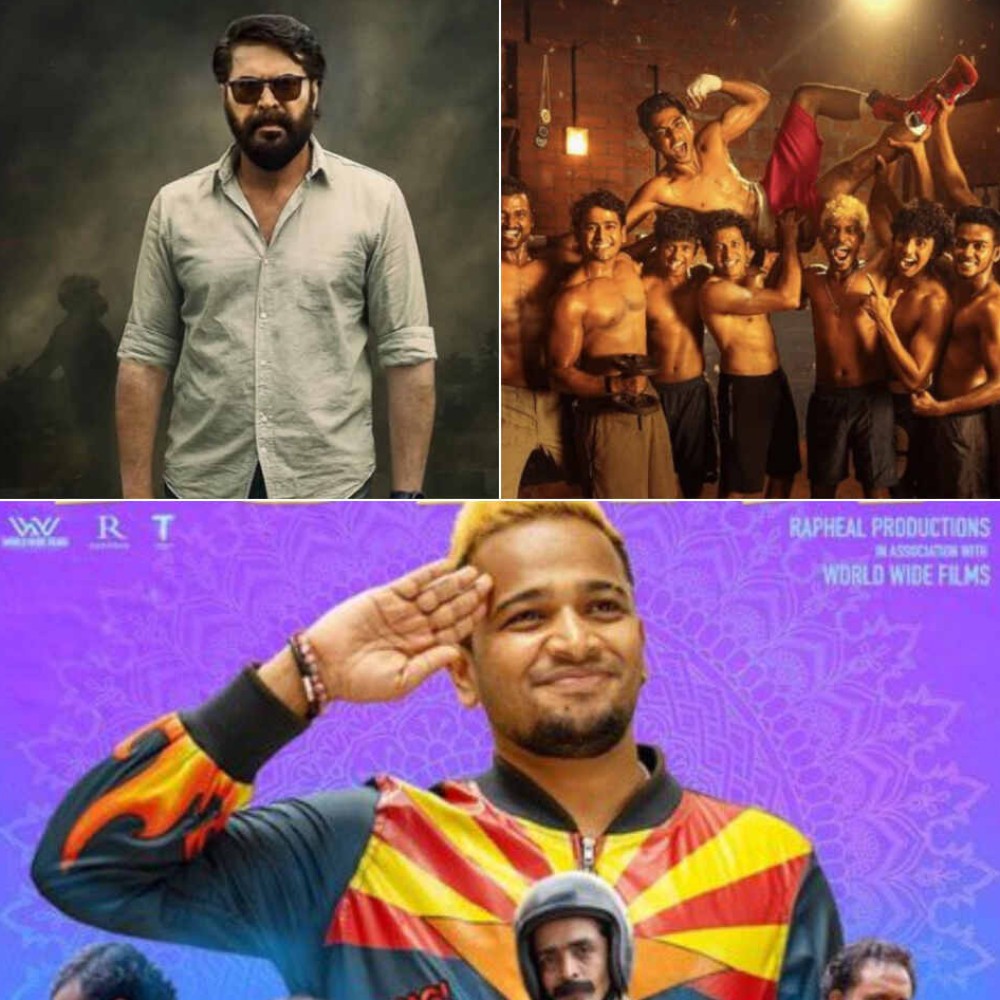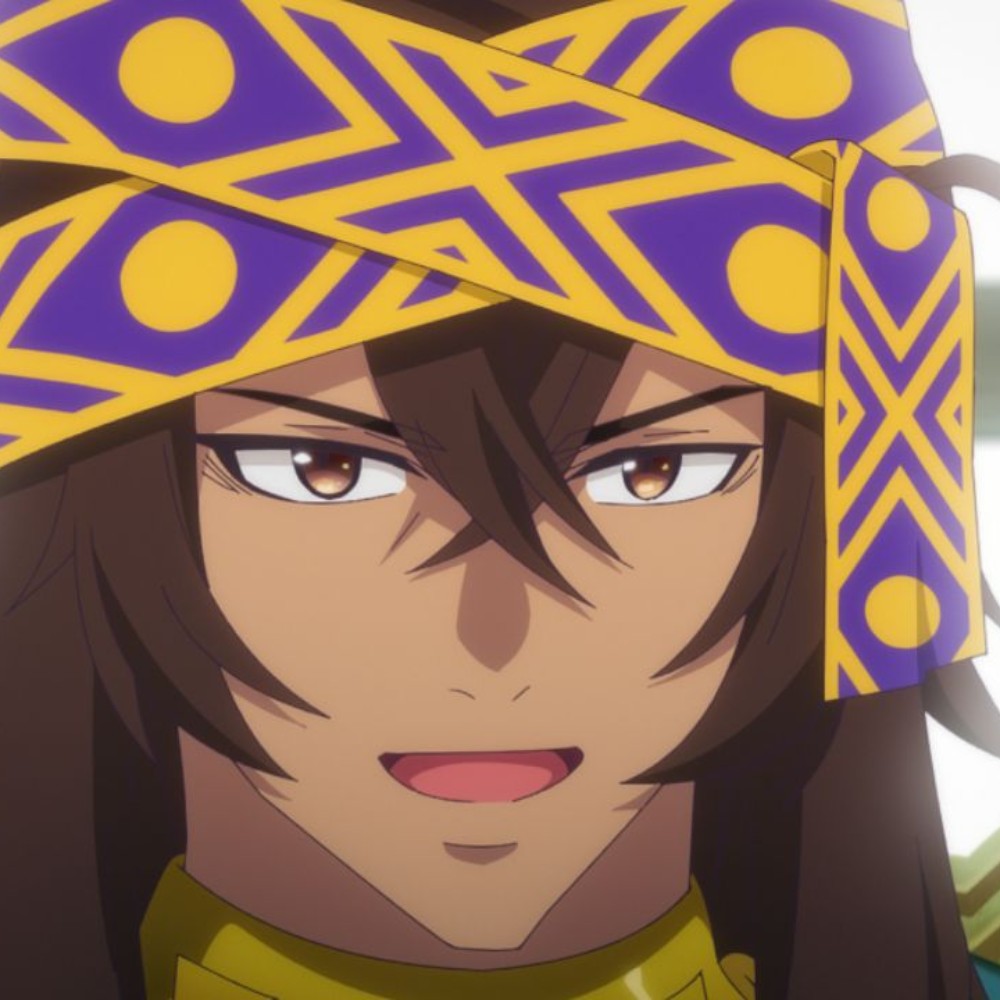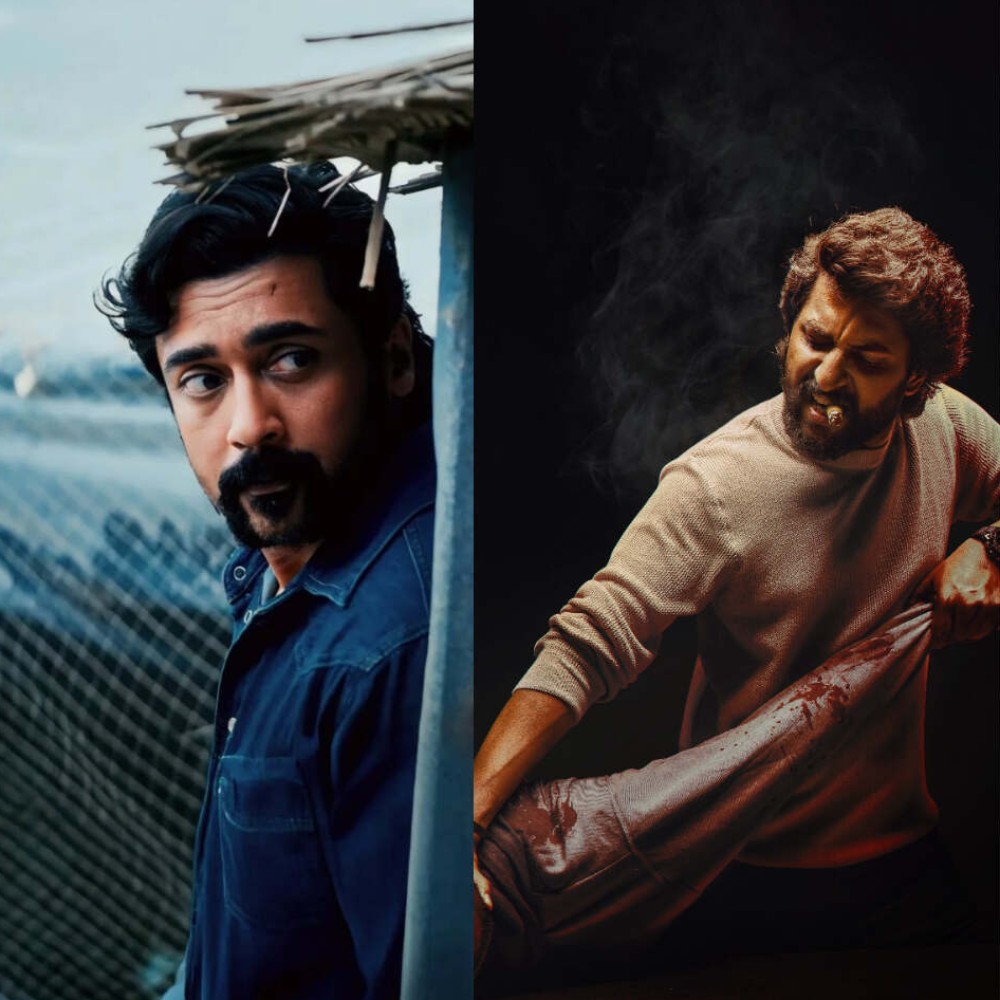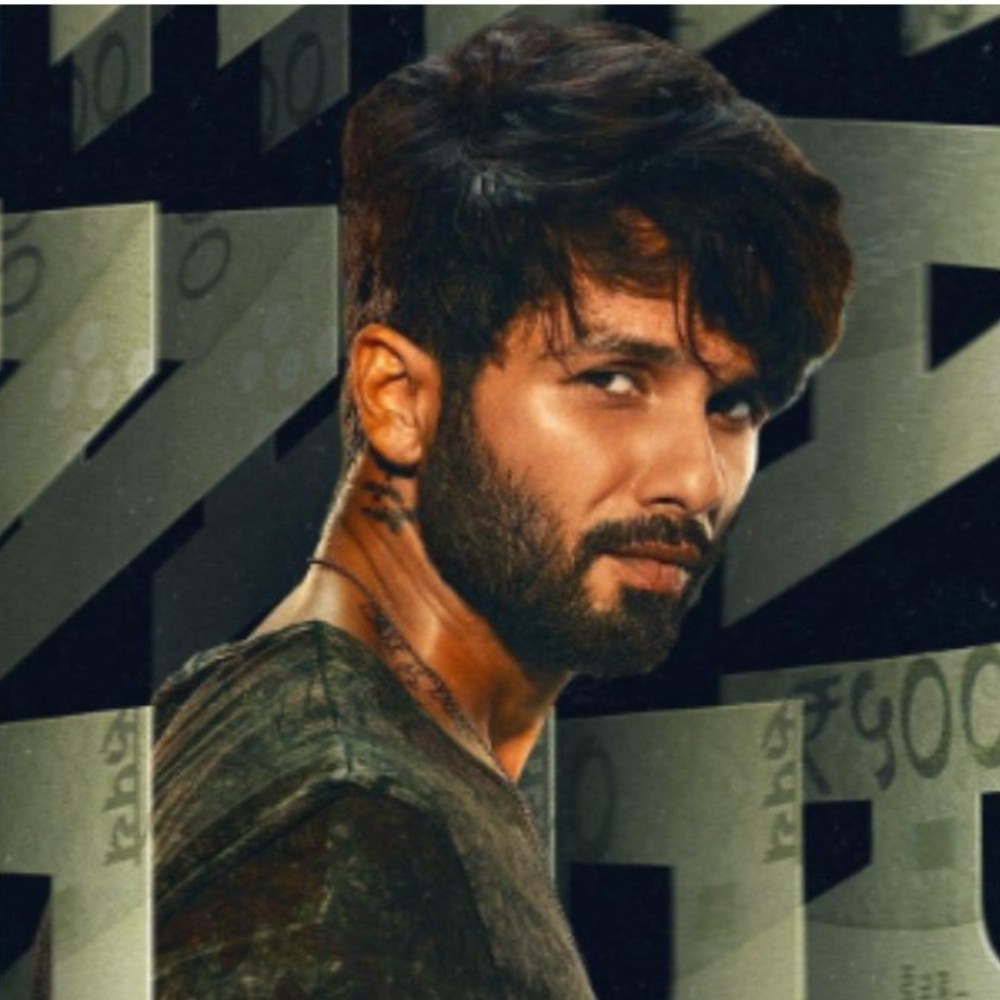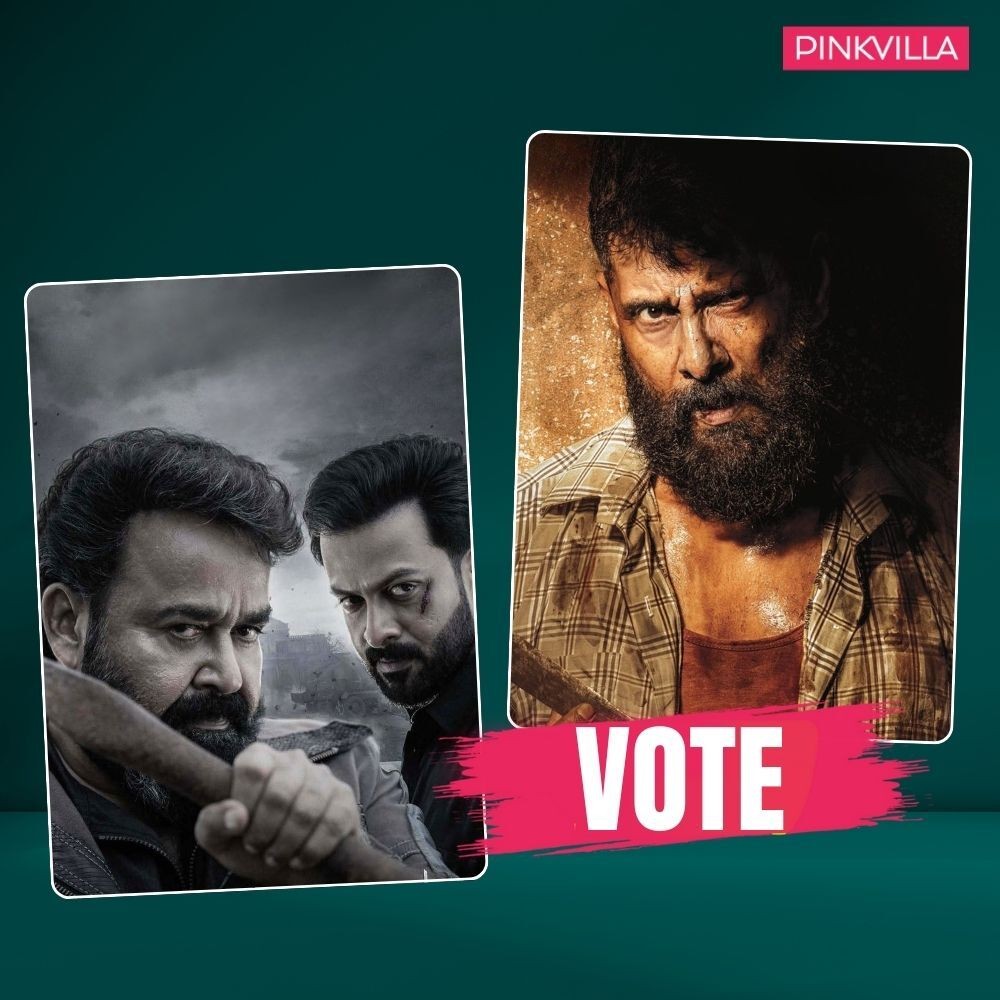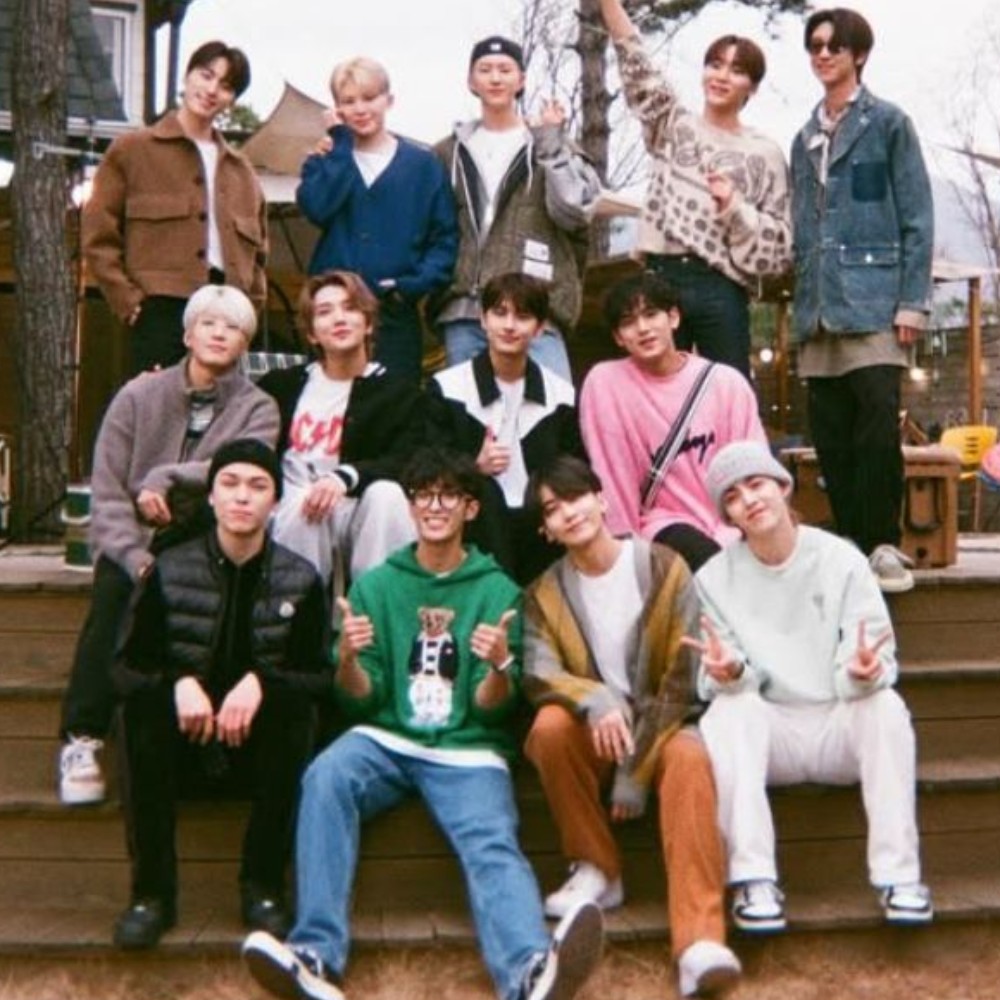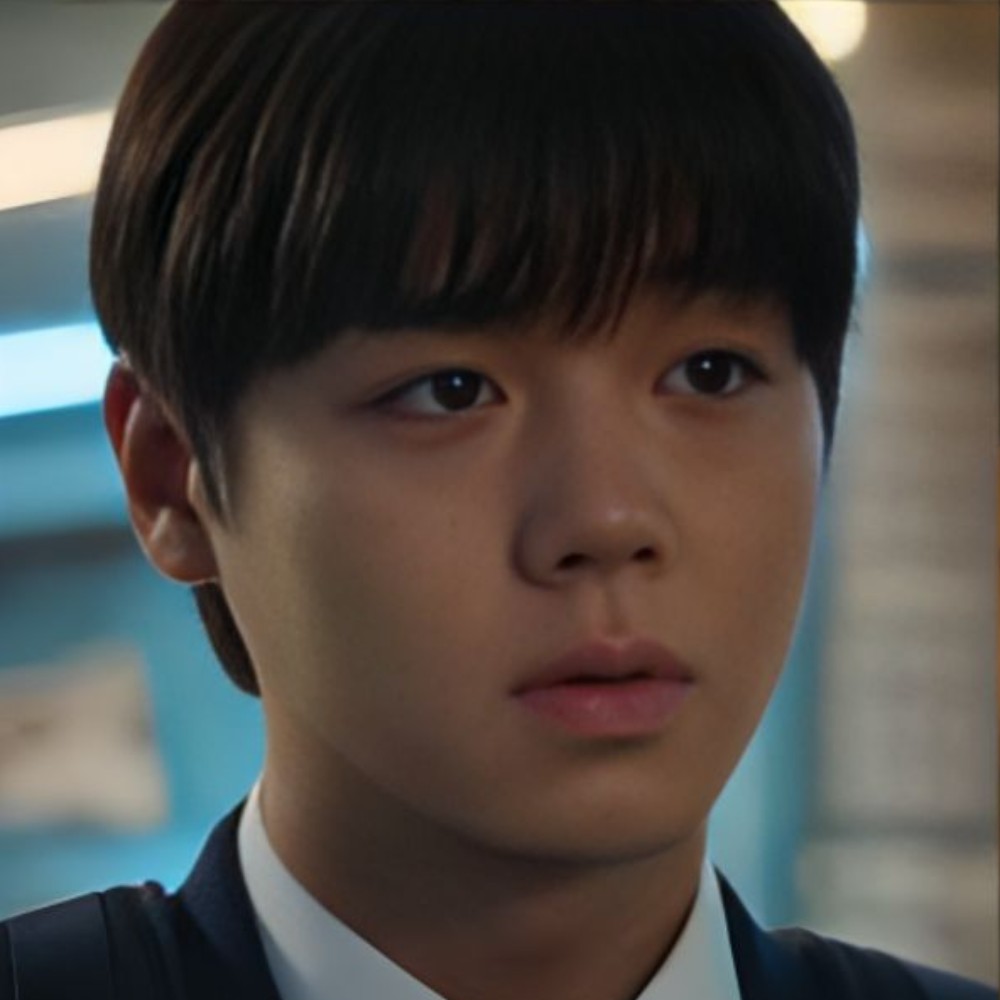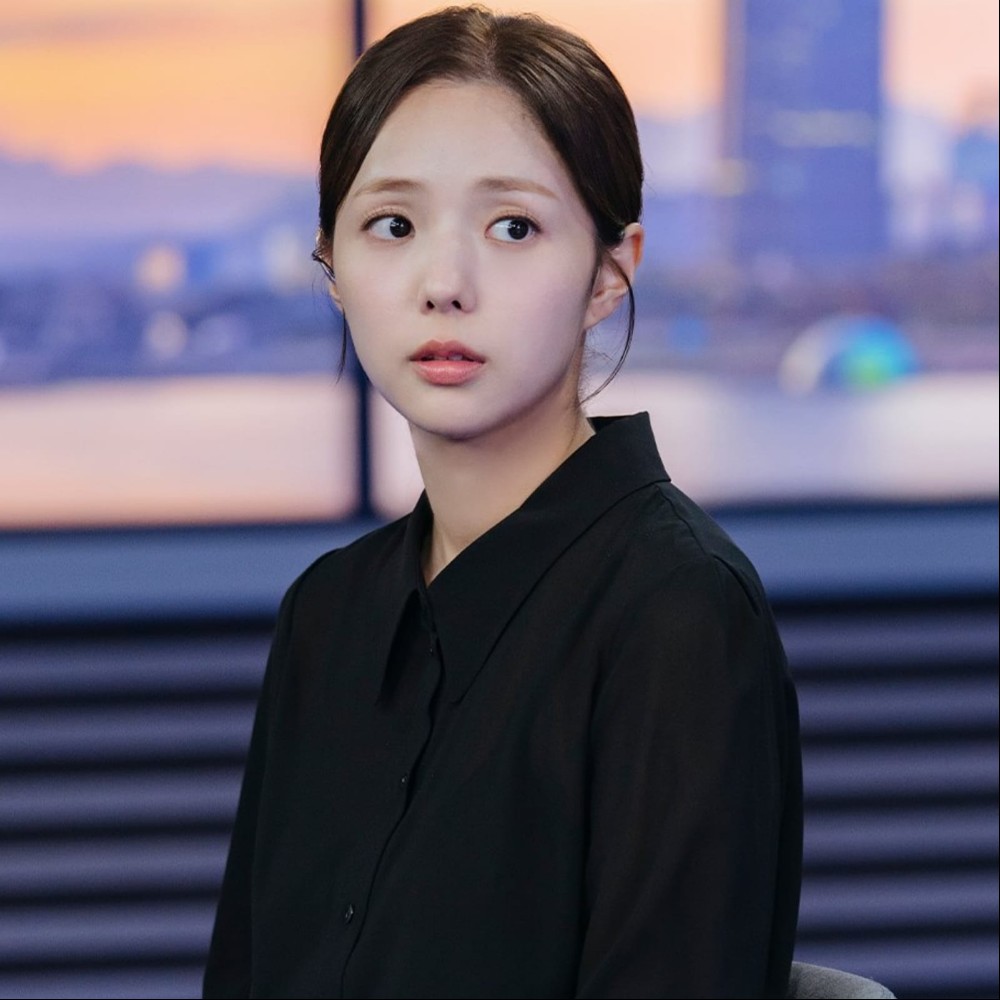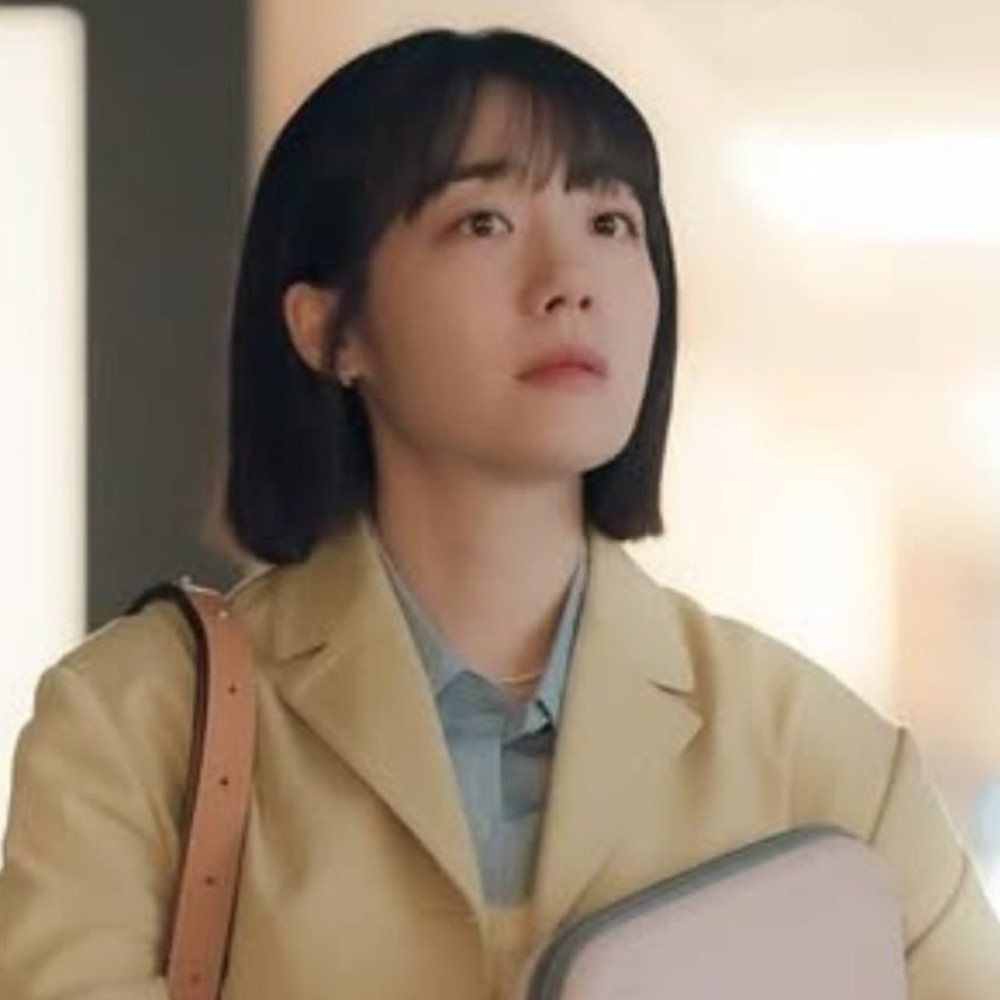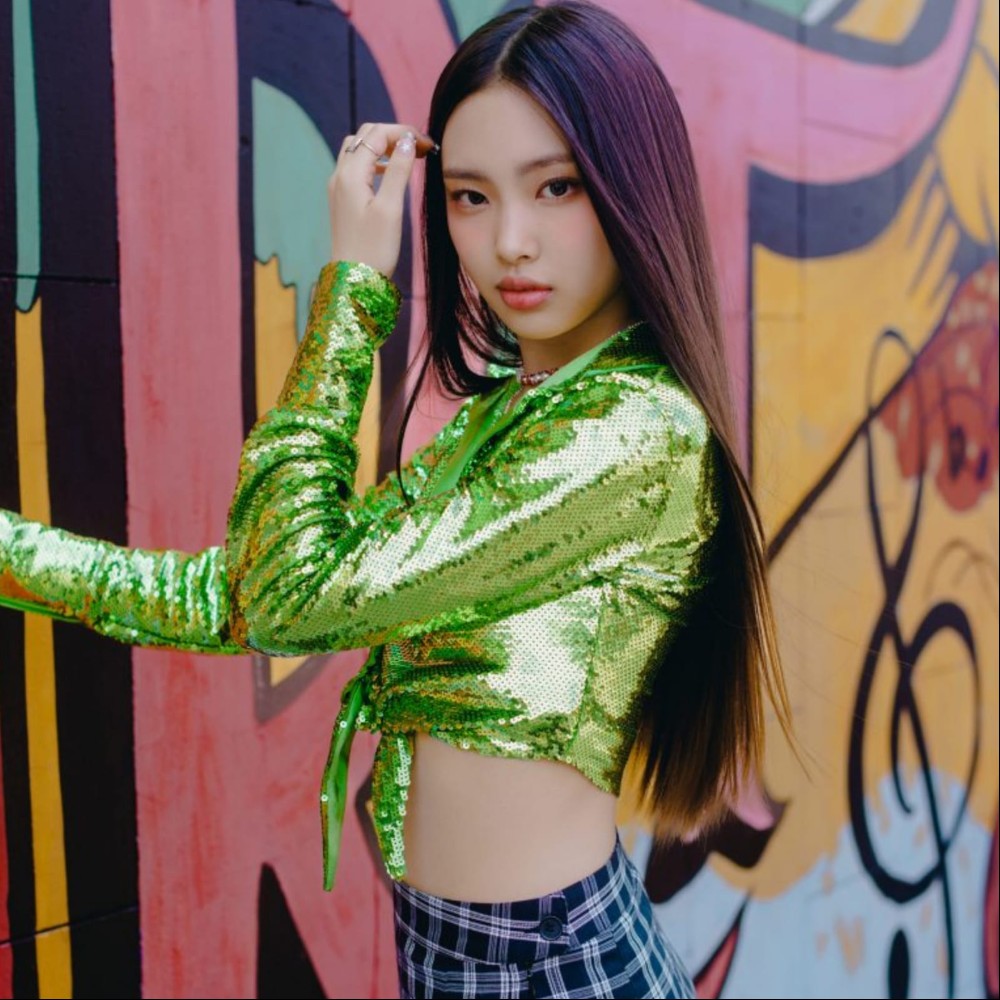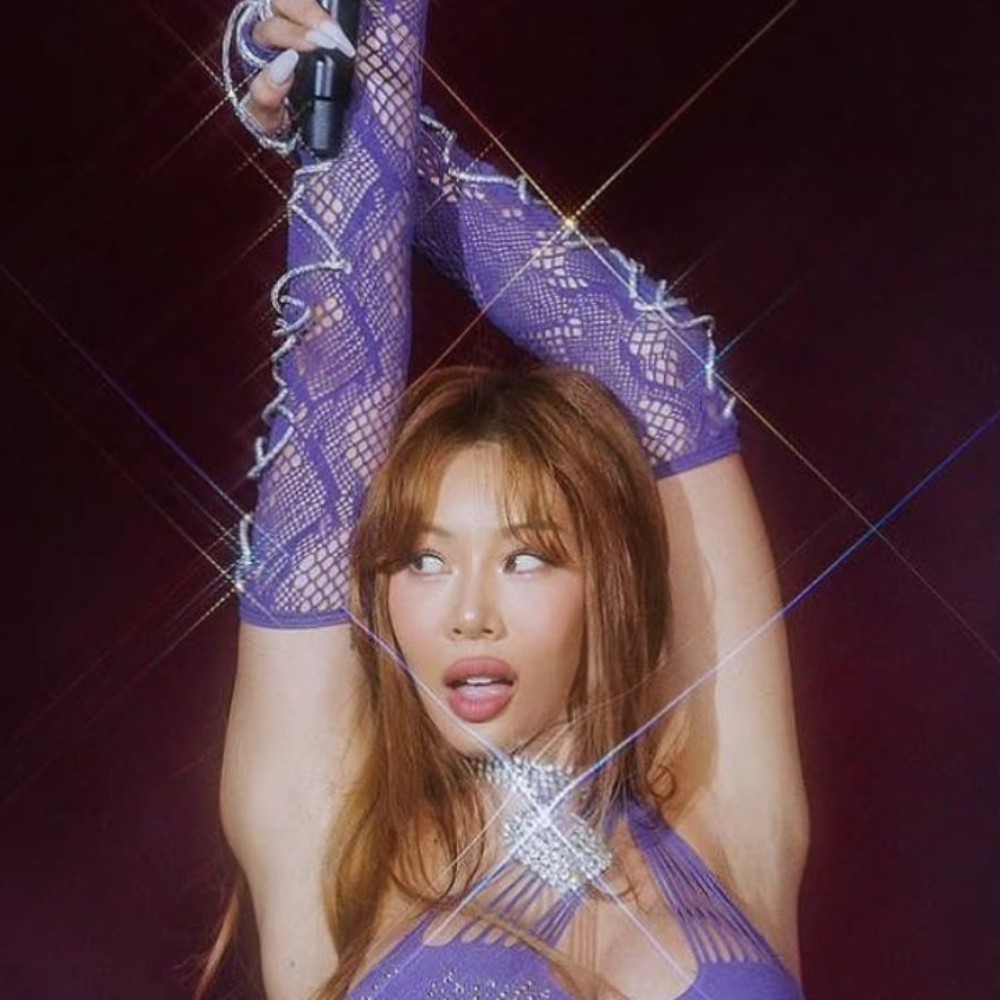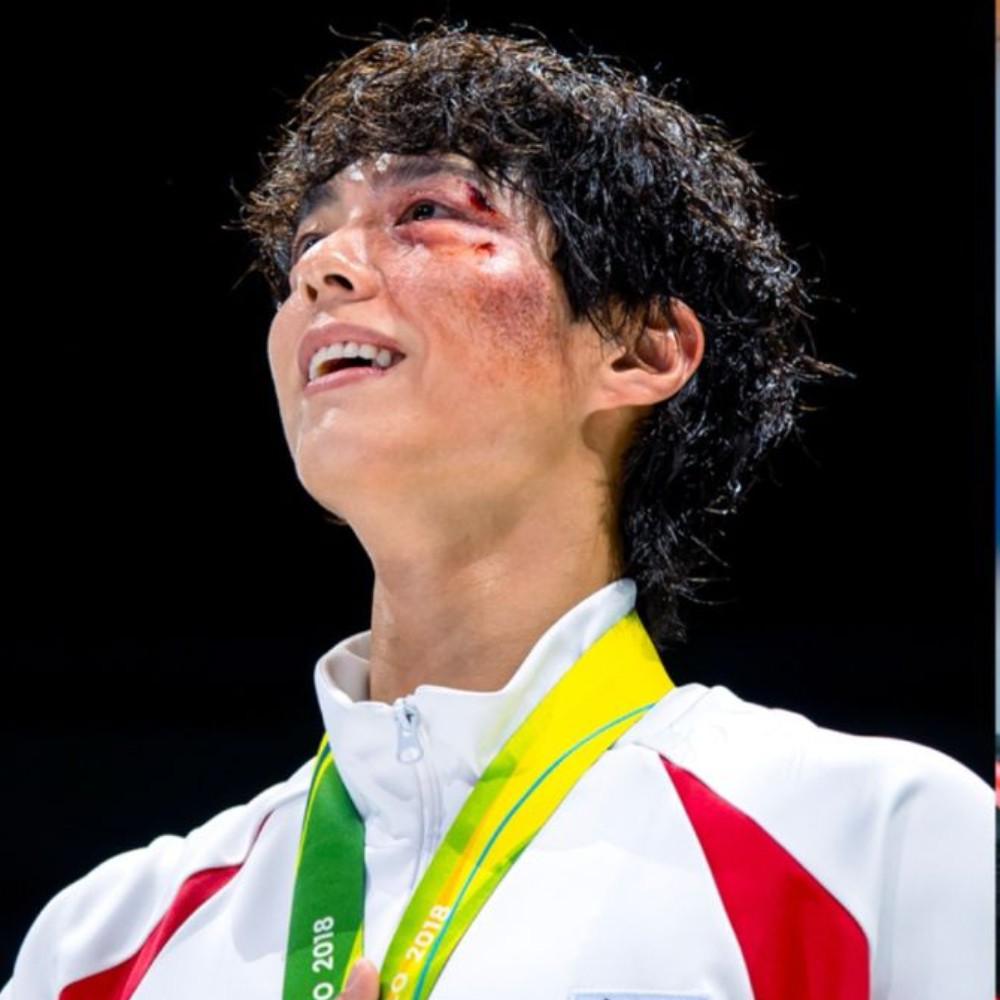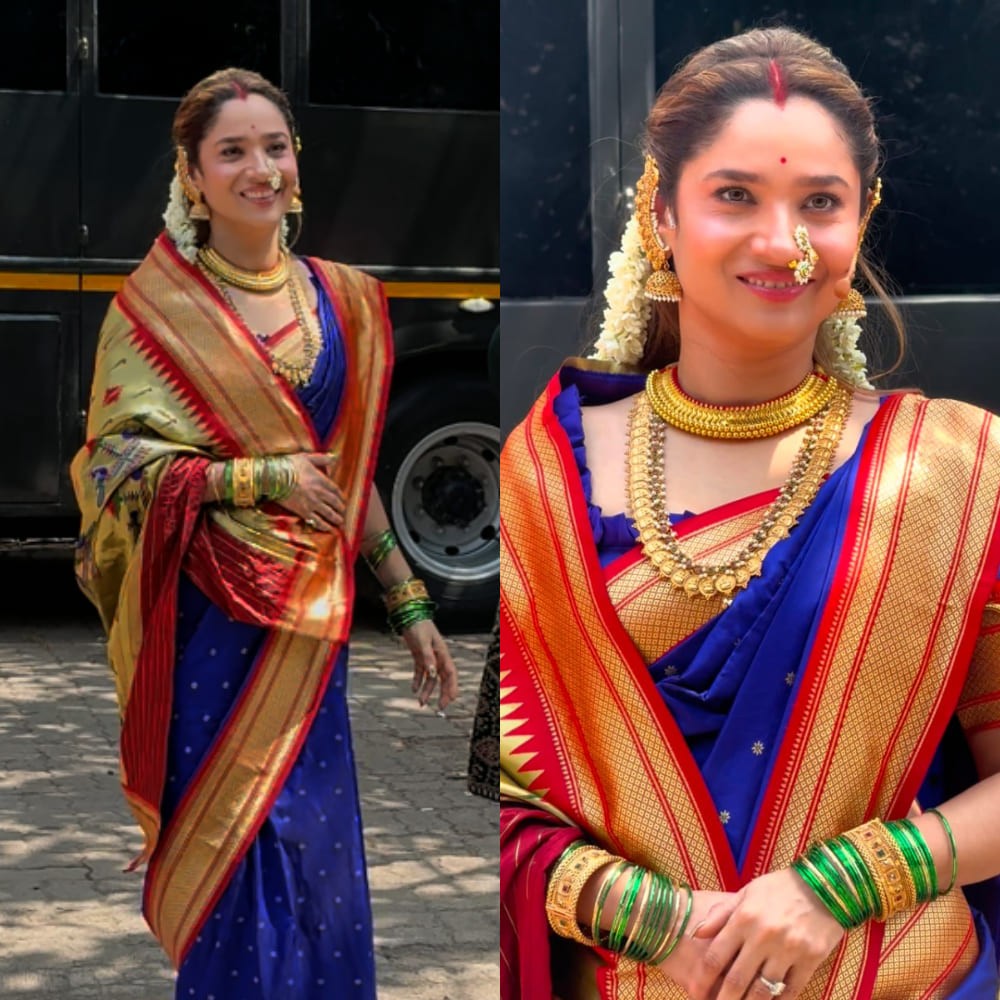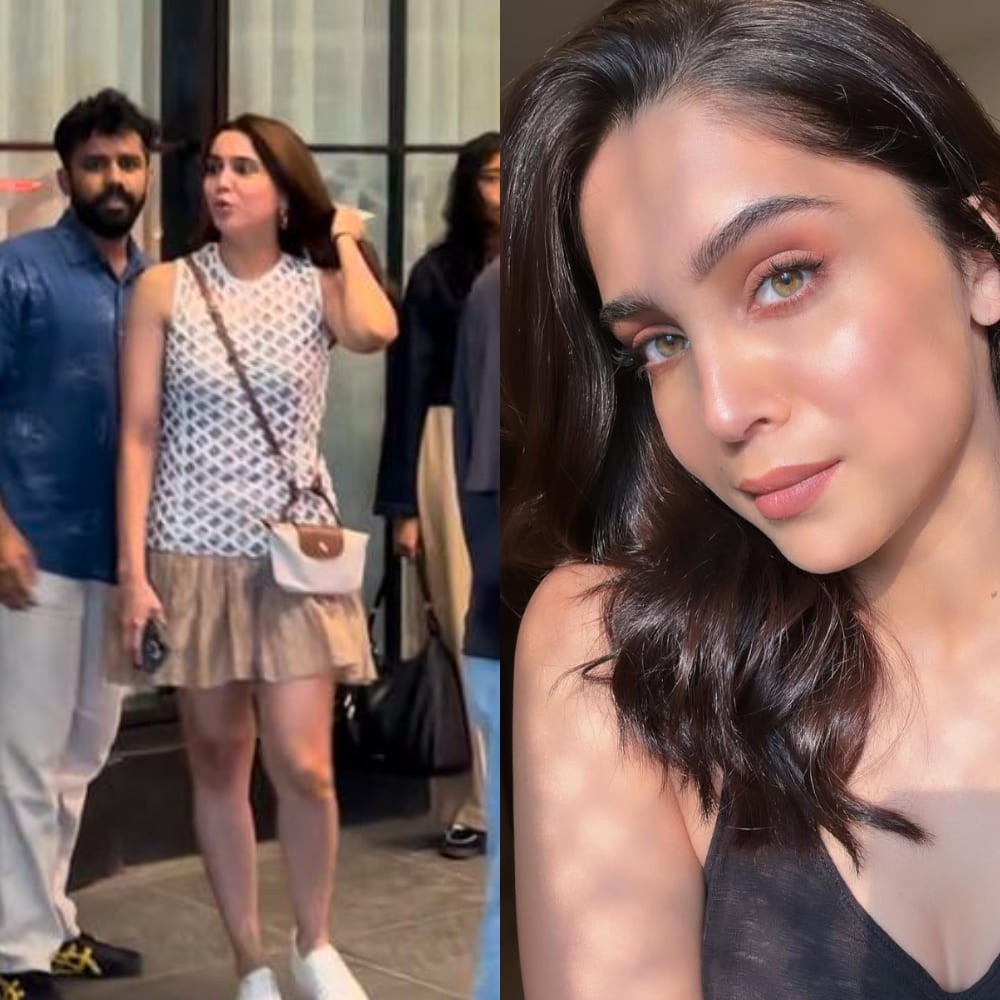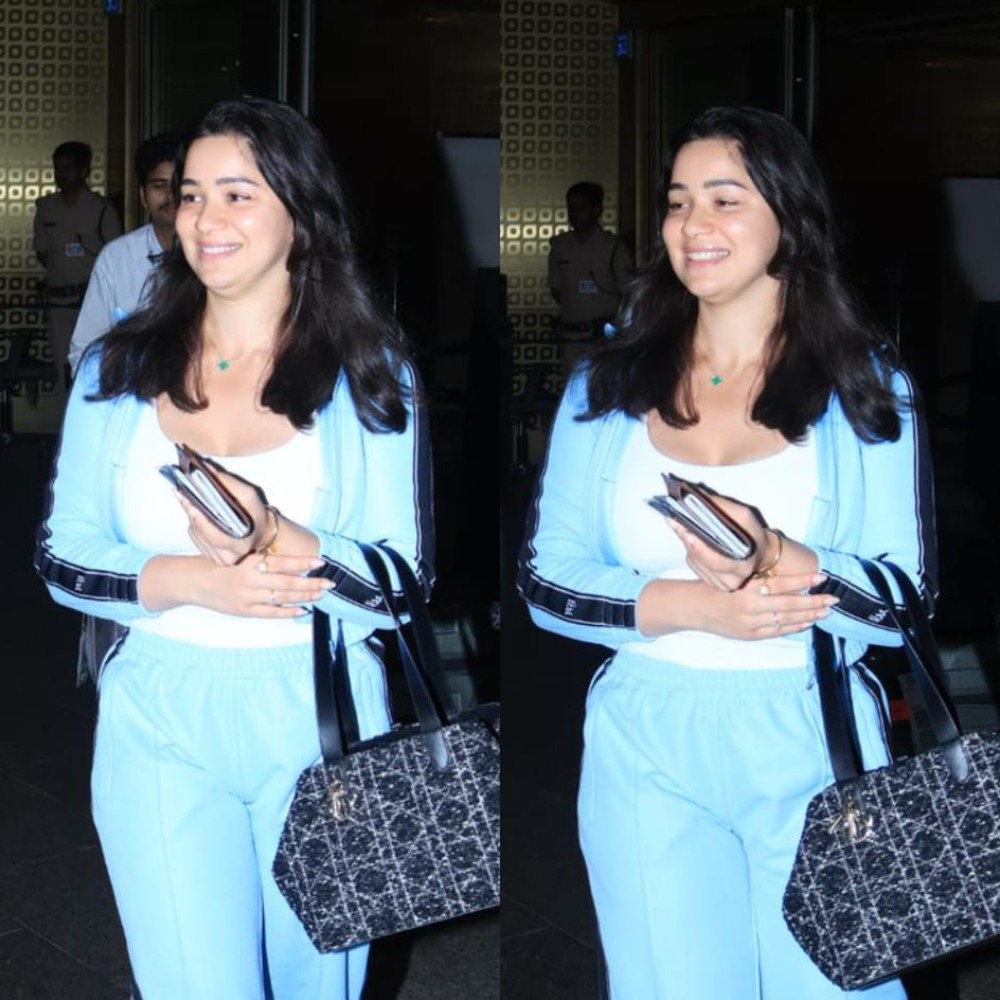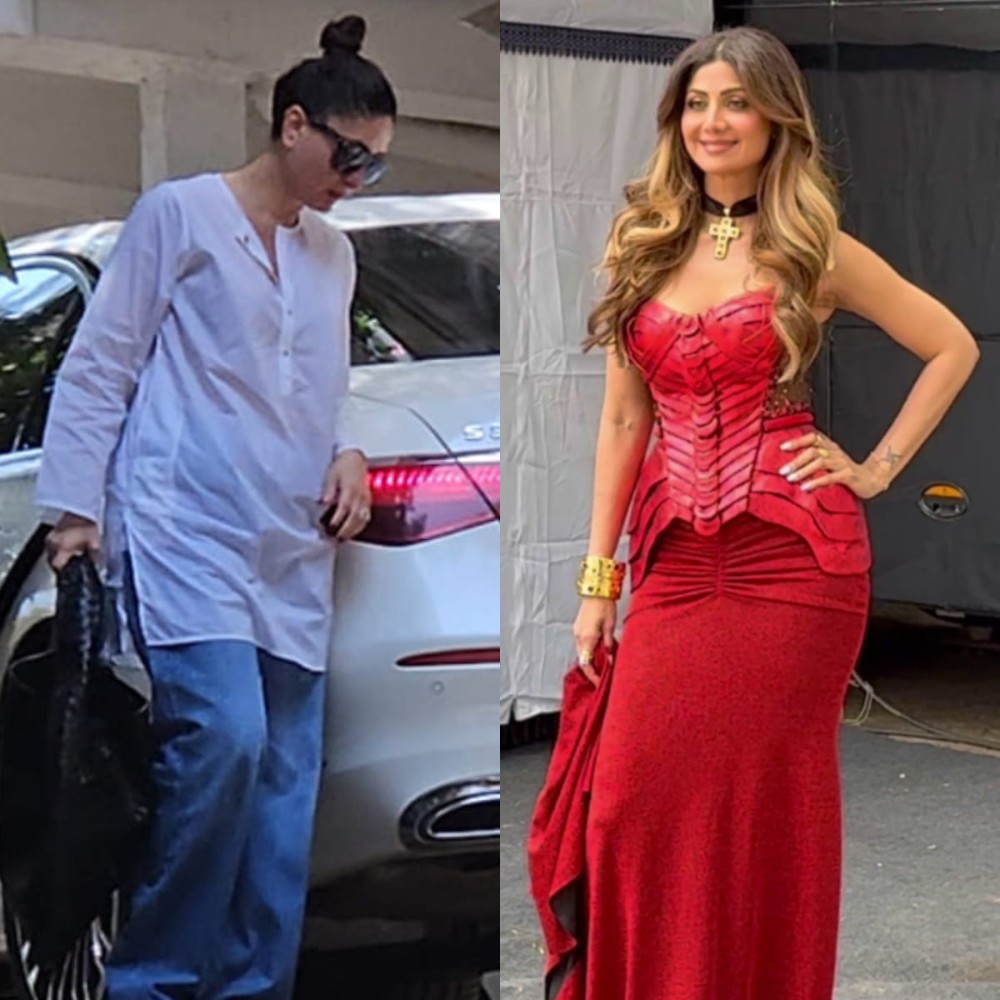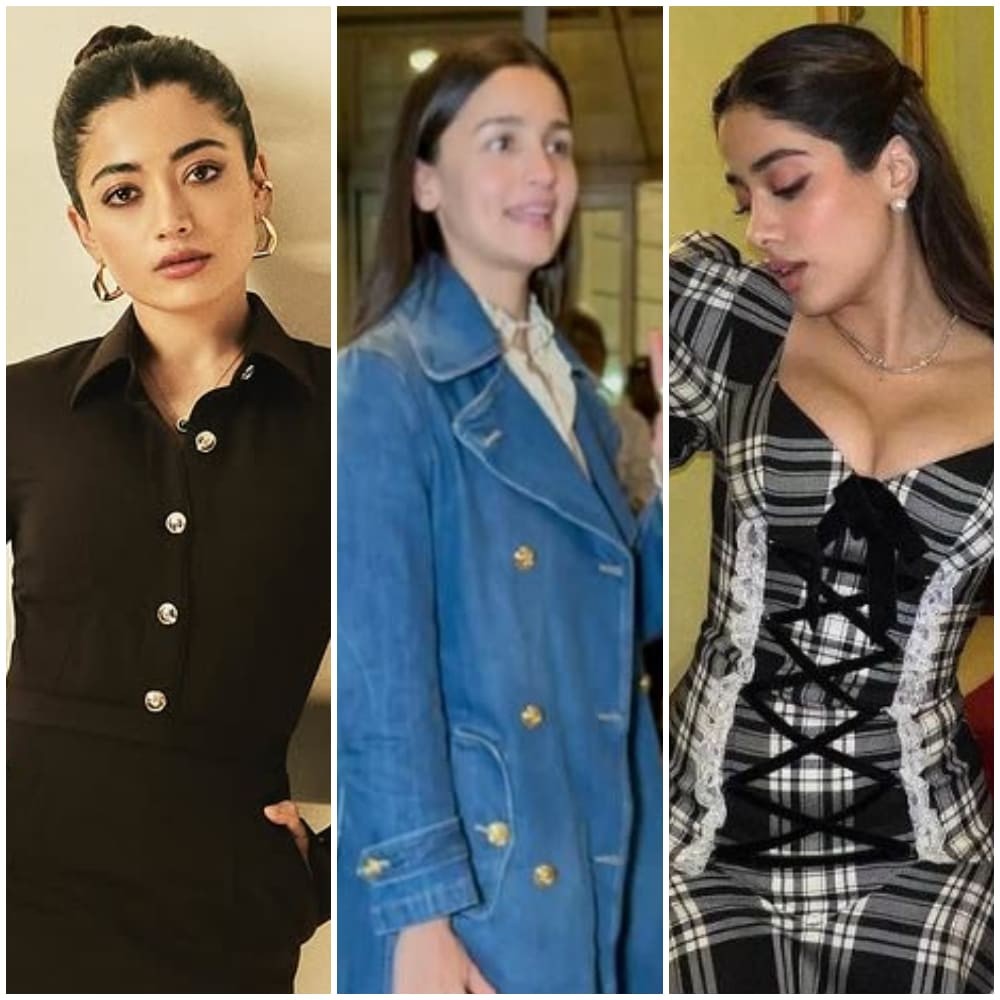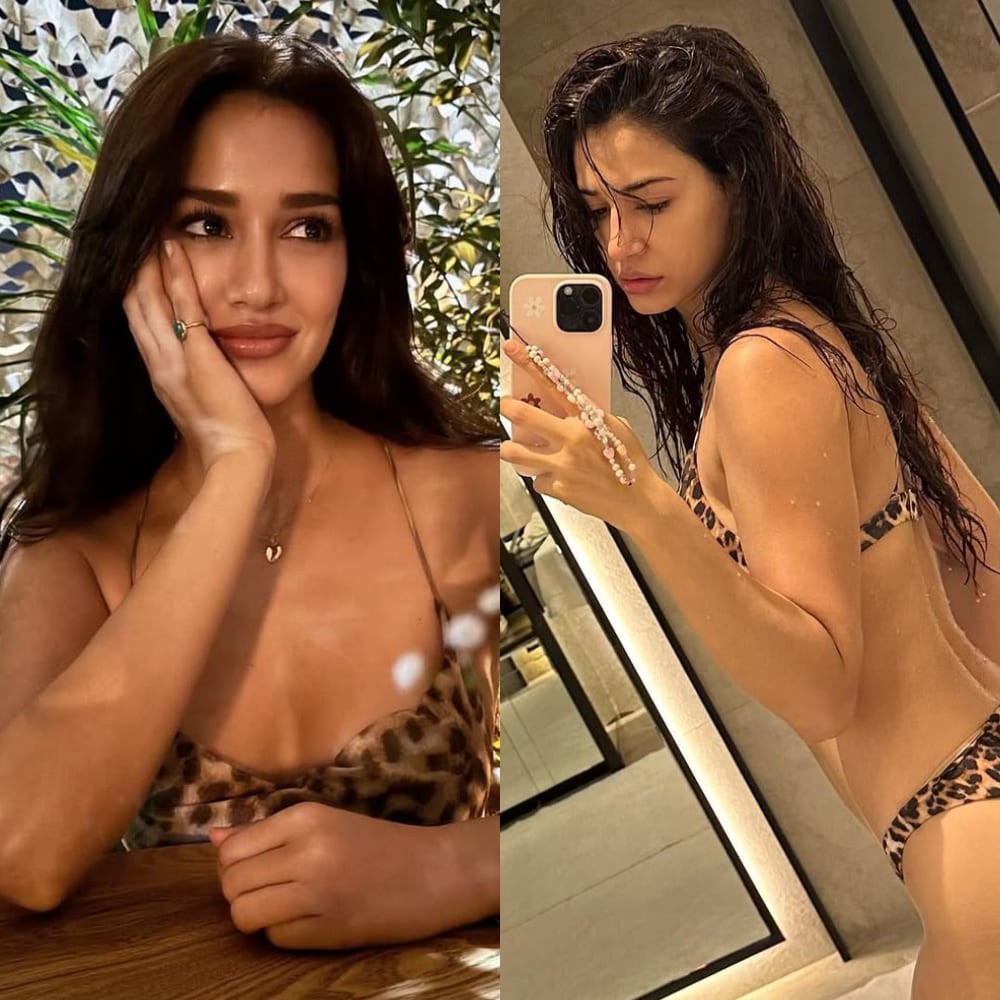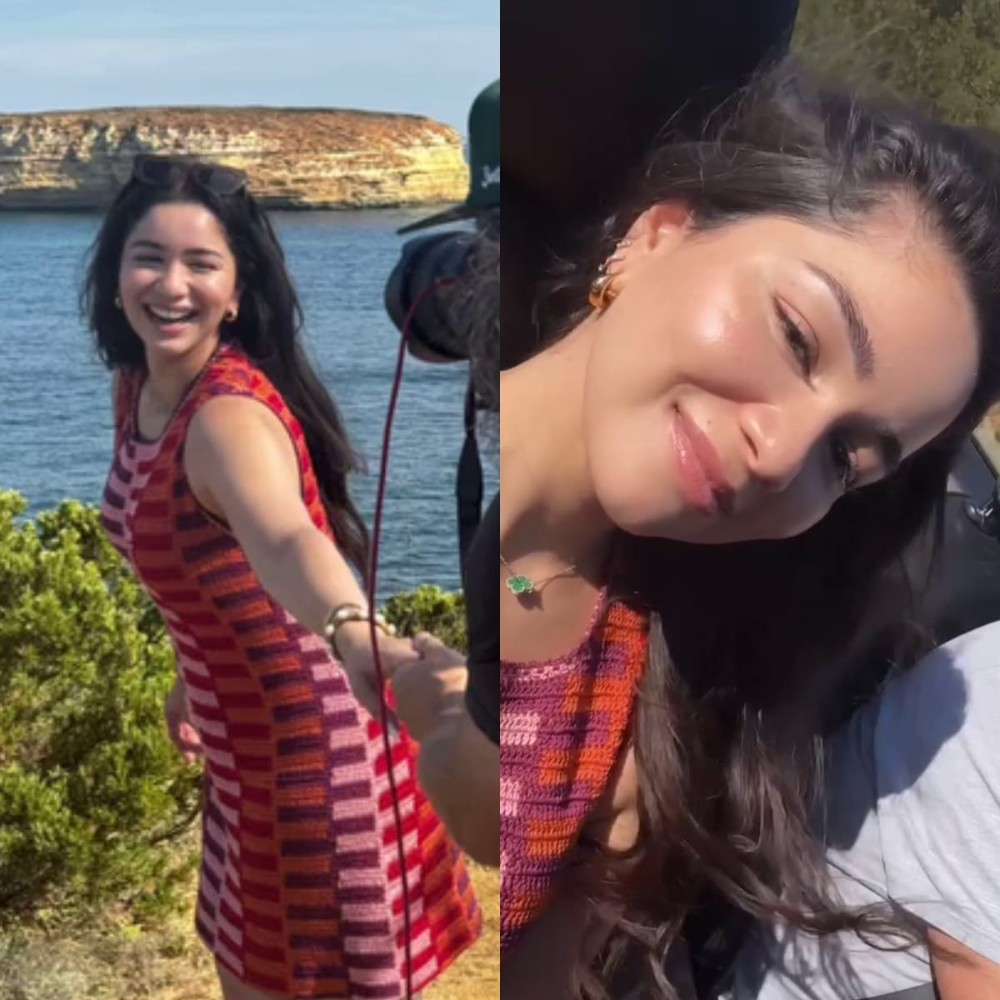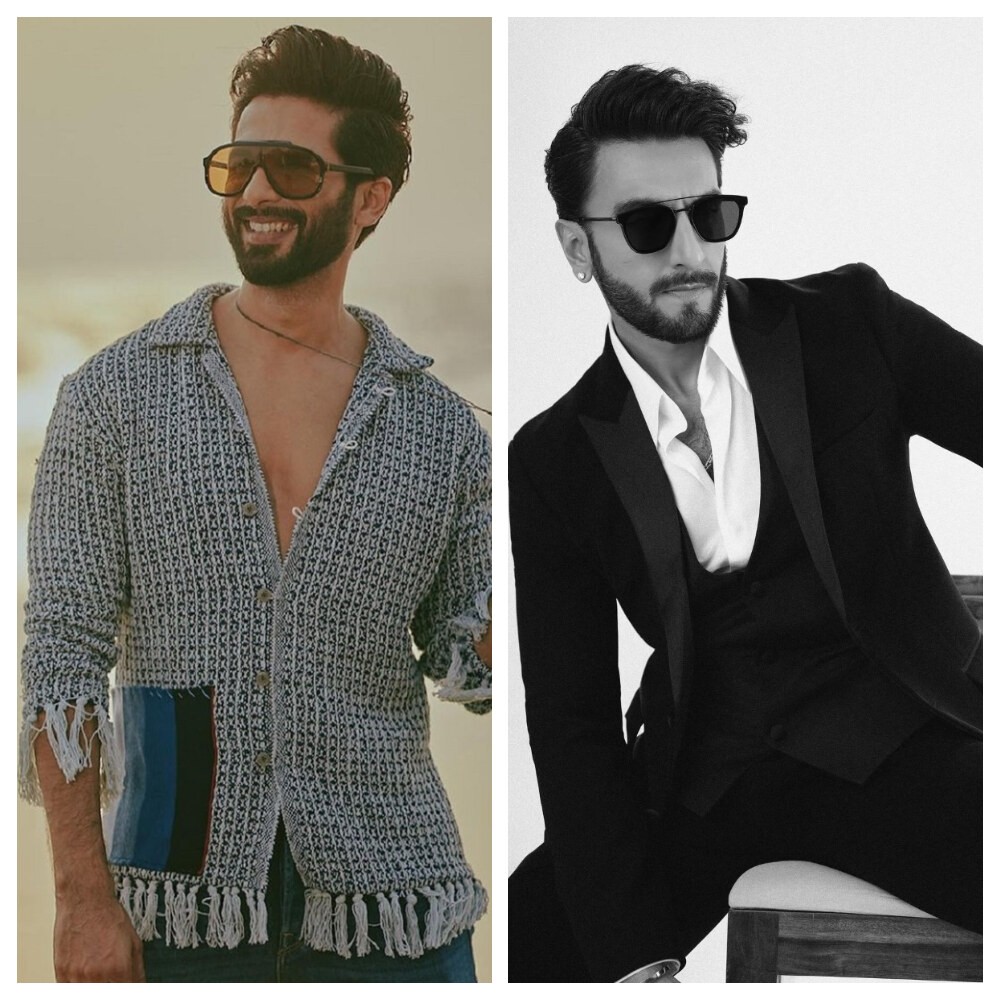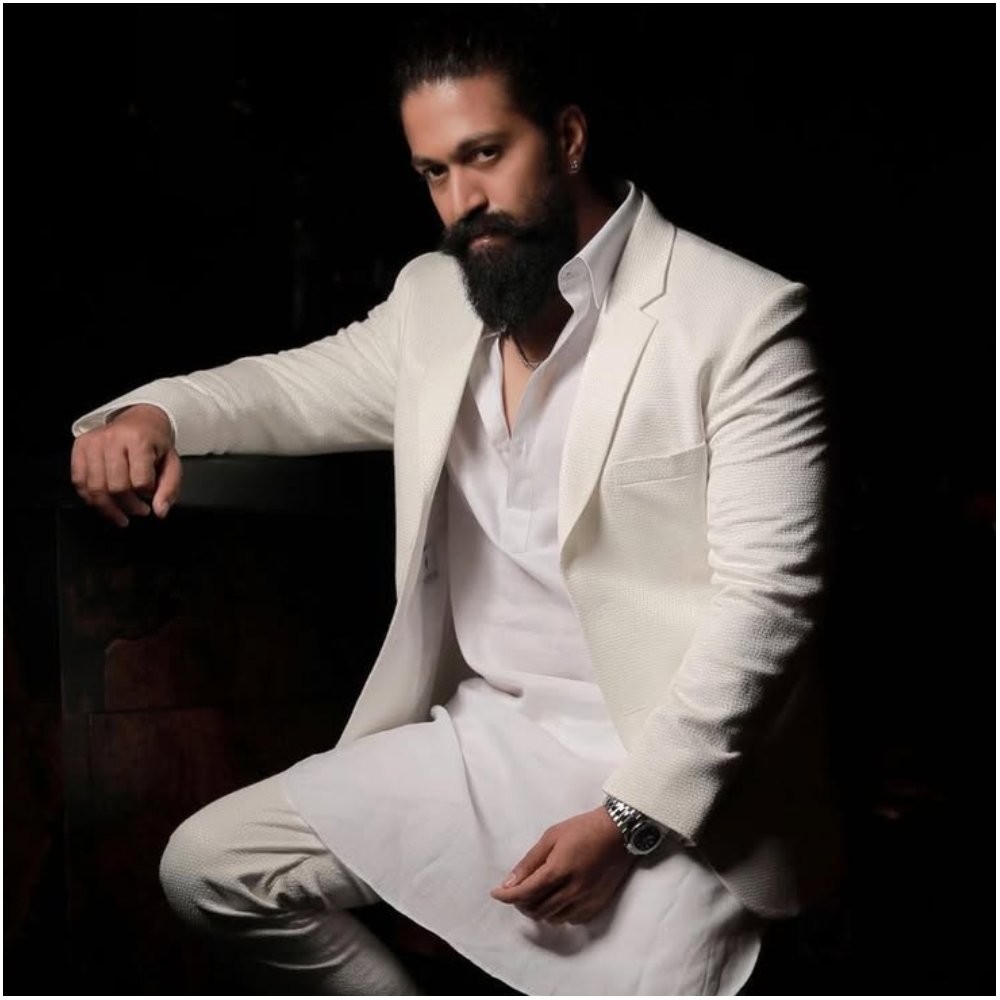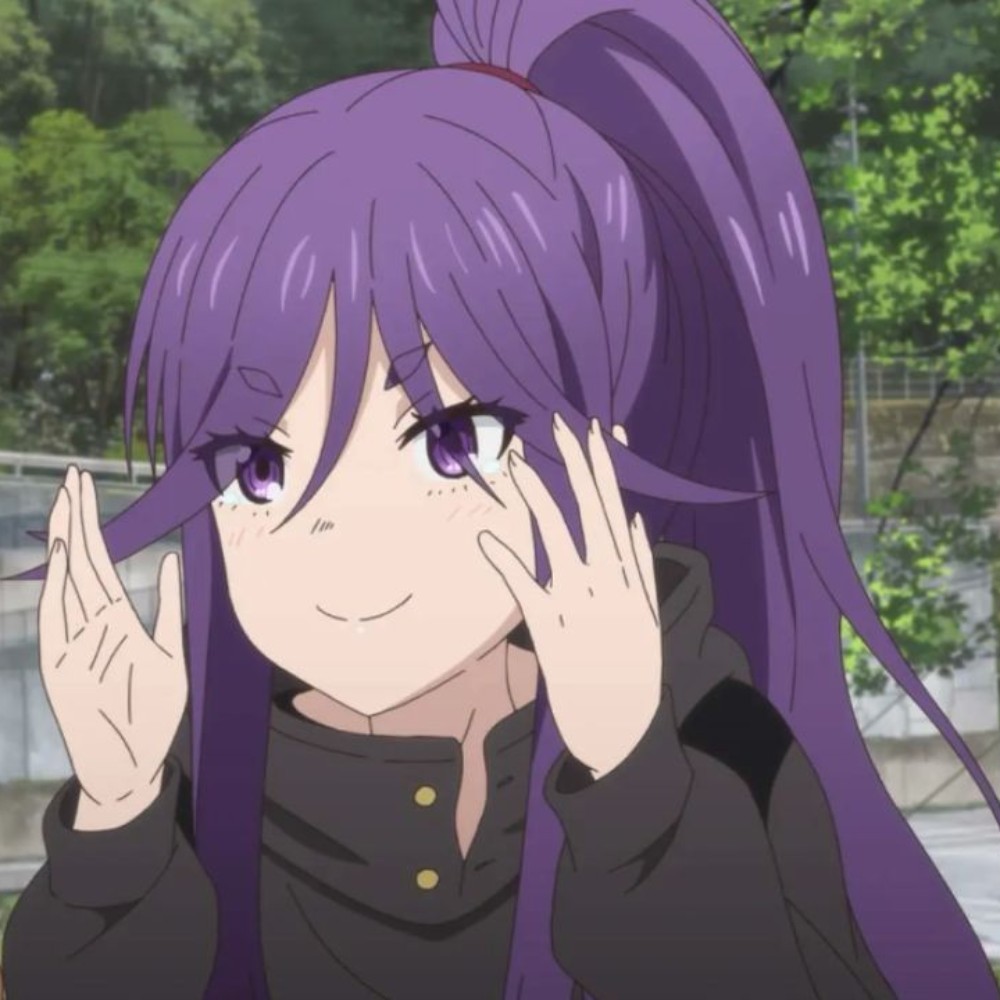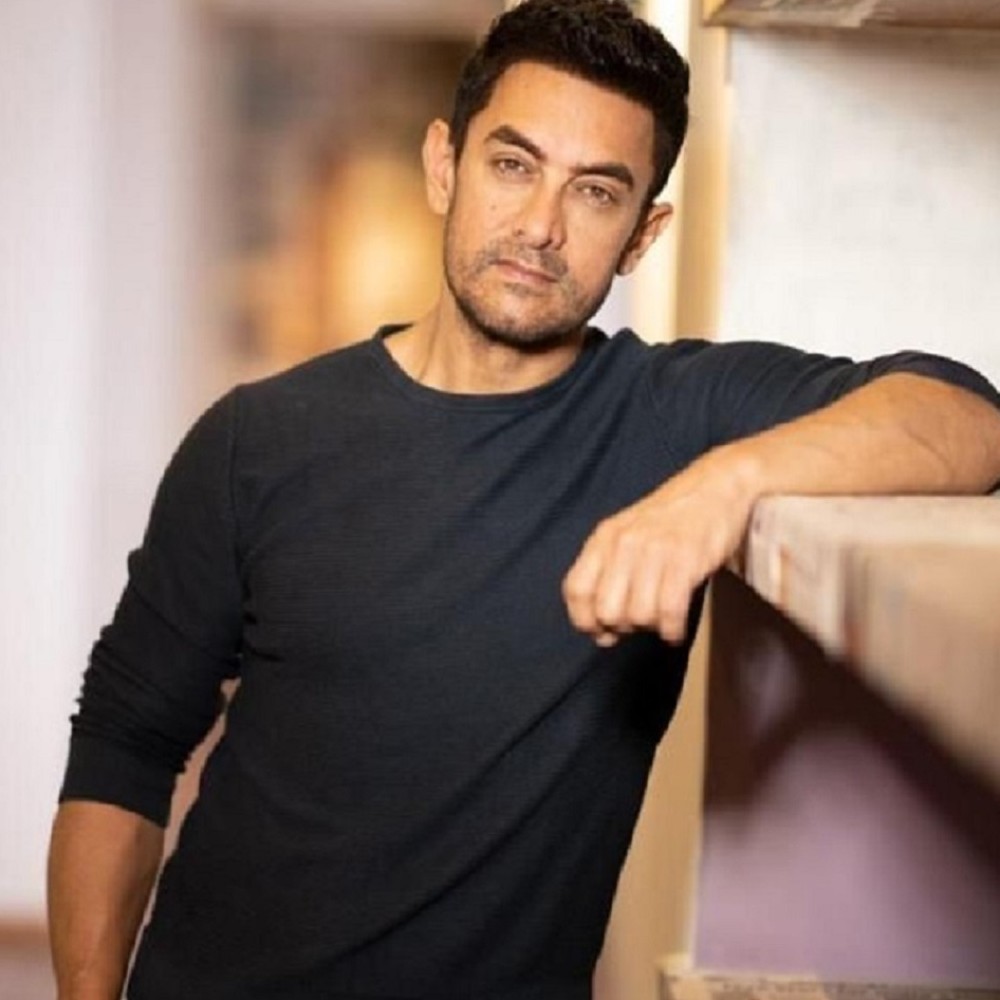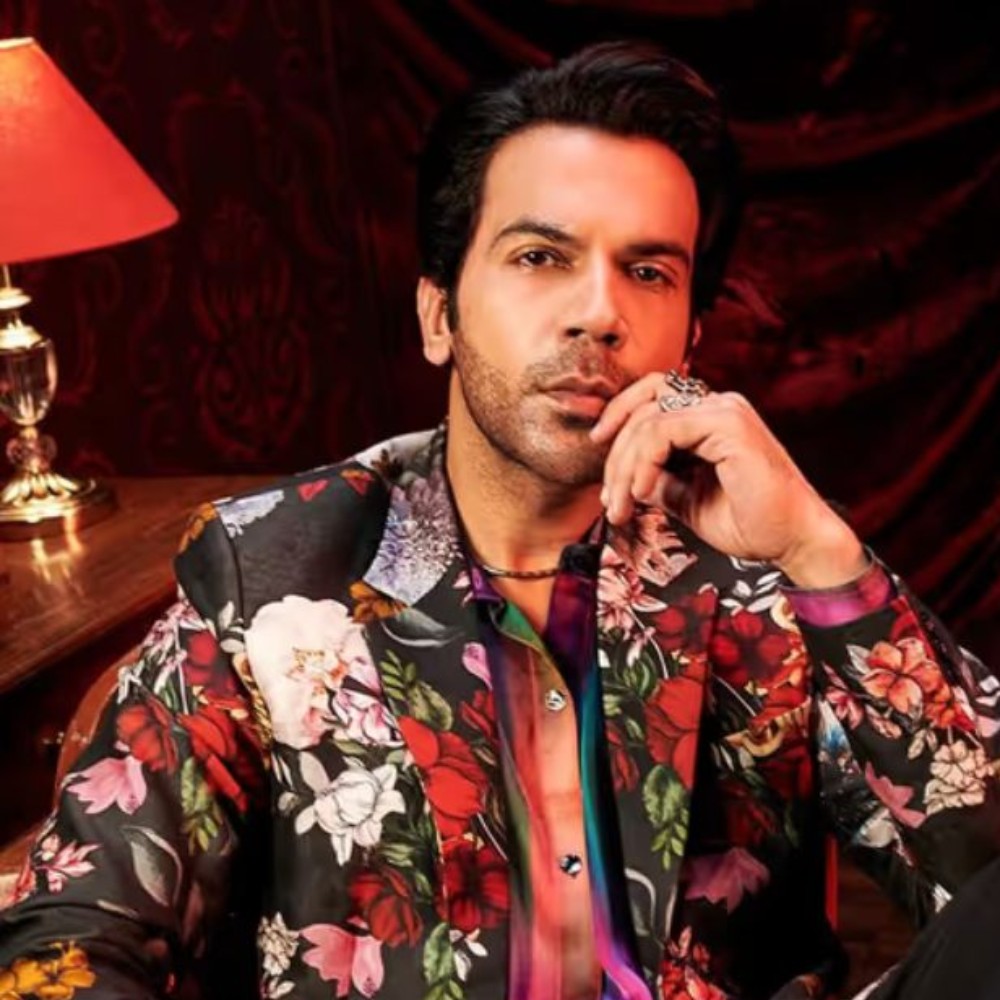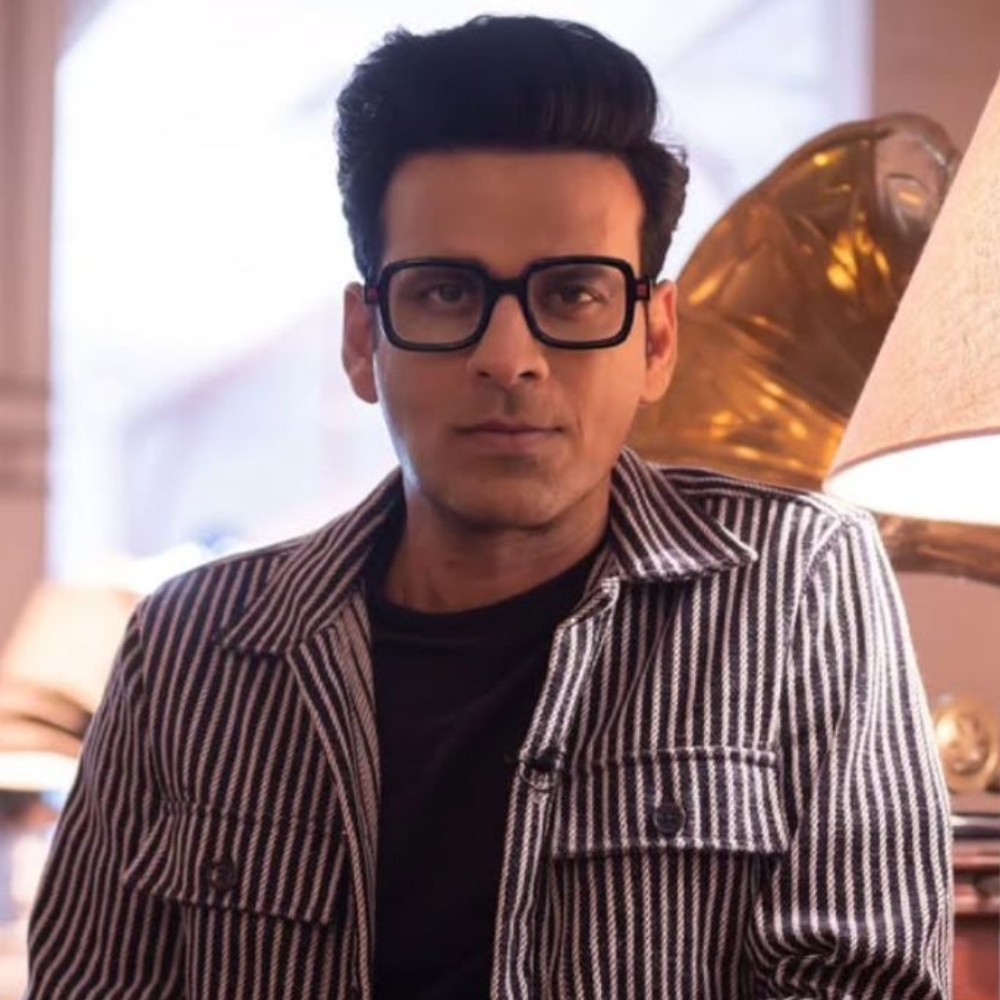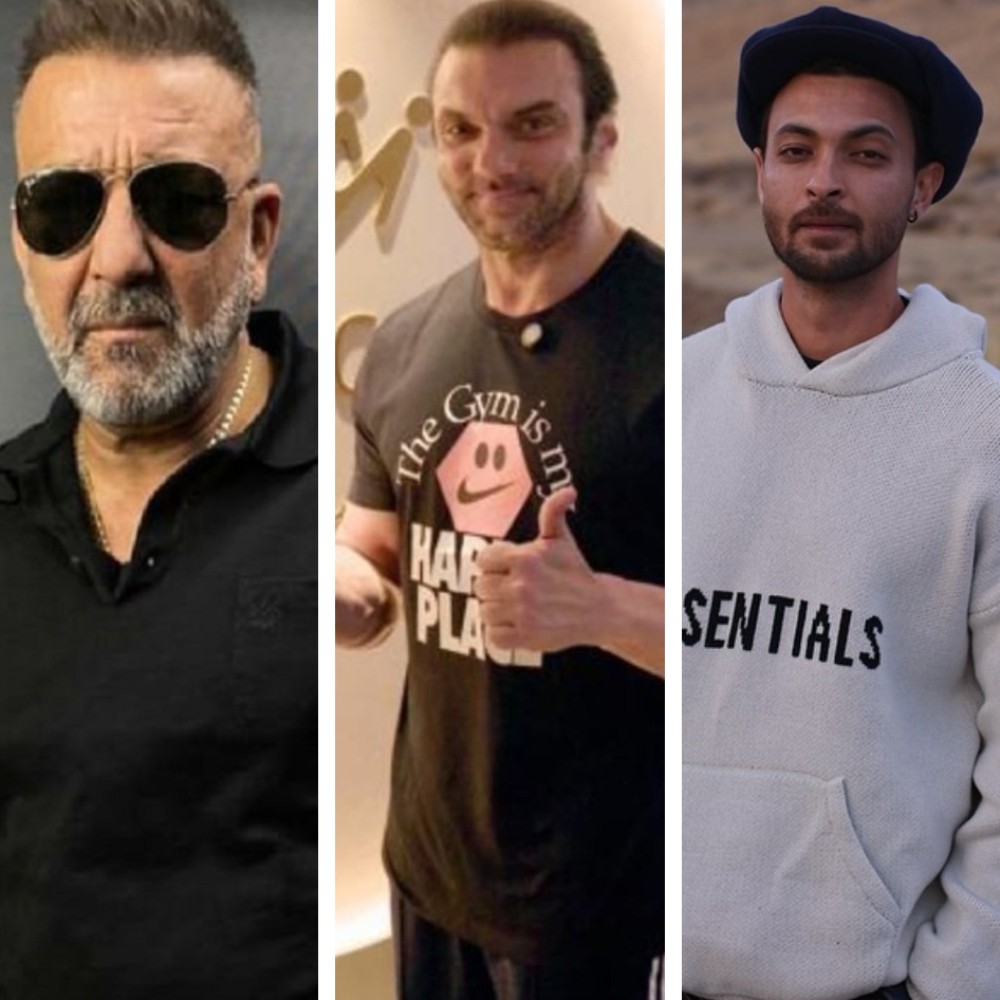EXCLUSIVE- Shashank on Dhadak: Showed caste angle in a subtle way as we've seen what happened with Padmaavat
Dhadak, an official Hindi adaptation of Marathi film Sairat, was helmed by the very talented director Shashank Khaitan of Badrinath Ki Dulhania fame. In an EXCLUSIVE chat with Pinkvilla, Shashank spoke on Dhadak, directing Janhvi and Ishaan and the criticism the film has received.
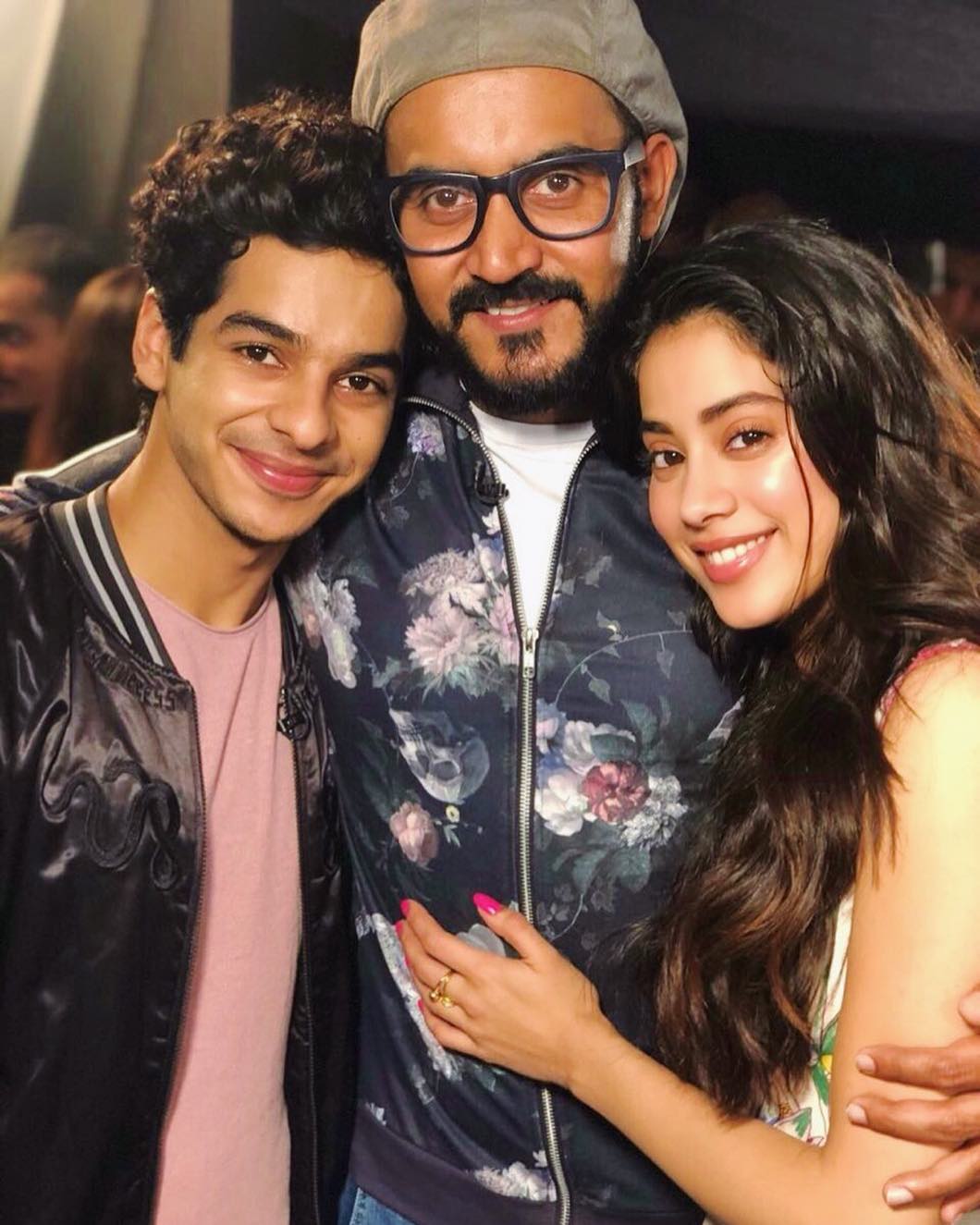
Dhadak, an official Hindi adaptation of Marathi film Sairat, was helmed by the very talented director Shashank Khaitan of Badrinath Ki Dulhania fame. Shashank was bestowed with the biggest responsibility of launching the careers of two star kids - Janhvi Kapoor, the daughter of late actor Sridevi and Ishaan Khatter, Shahid Kapoor's half-brother. The movie co-produced by Karan Johar managed to break Student Of The Year's record, recording the highest opening day number by a film starring newcomers.
Despite comparisons and outright criticism of the film on social media, Dhadak has managed to strike a chord with many. With an entertaining first half and an equally intense second half, Dhadak has got many hearts.
As the team continues to absorb in the success, we spoke to Shashank EXCLUSIVELY on Dhadak, directing Janhvi and Ishaan and the criticism the film has received.
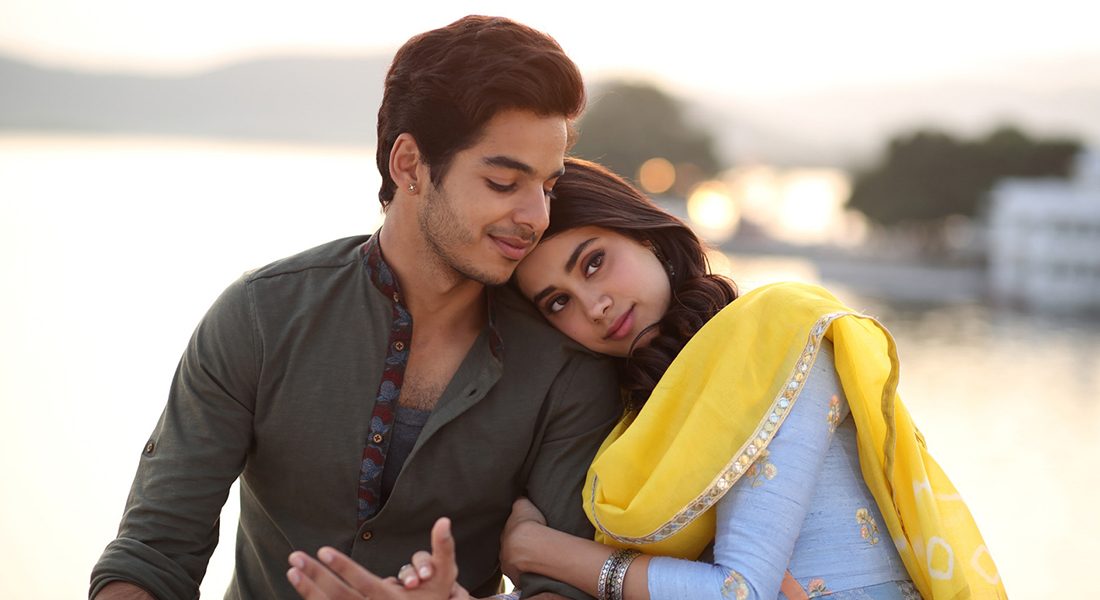
Over to Shashank:
Dhadak is performing exceedingly well at the box office. How has the team been responding to it?
The box office collection is not something I get bogged down, bothered or happy about. I mean, it's great that people are appreciating (the film). I think we were just trying to soak in everything. There was a lot said about the film, there were some very good reviews, some very bad reviews, it was a mixed bag out there. However, we were very confident about the fact that we have made a film which we wanted to make and people are going to connect with it. The other thing actually is that when you make a film whether it is an adaptation or original, it is out there for people to appreciate or criticise. We are just rejoicing every moment of it and the fact that so many people are actually watching the movie with two newcomers and to kind of achieve the numbers we did on the first day shows that people wanted to watch the movie. That's the happiest feeling you can have.
Was there a pressure on you given that two new talents were being launched with Dhadak?
There was no pressure. If I had taken the pressure, I wouldn't have made the film I did. I wanted to make a very honest film and this was something I felt strongly about and that was the only reason behind adapting Sairat. I wanted to do something about it and I did it. Luckily from Janhvi and Ishaan's perspective, there was never any pressure from their family. Neither Boney ji nor Neelima ji ever interfered in anything, they just gave me their children and said 'go for it'.
Best compliment you have received so far?
Whichever film I make, besides the fact that I want my family to like it, I am answerable and only answerable to my producer, who is Karan Johar. I always look for his reaction. For me, the compliment he gave was the biggest, best and most meaningful. After he saw the film for the first time, he came out and just hugged me and I think that spoke louder than words. Karan also added that he is proud of the film. So, for me, I think that is the most special compliment.
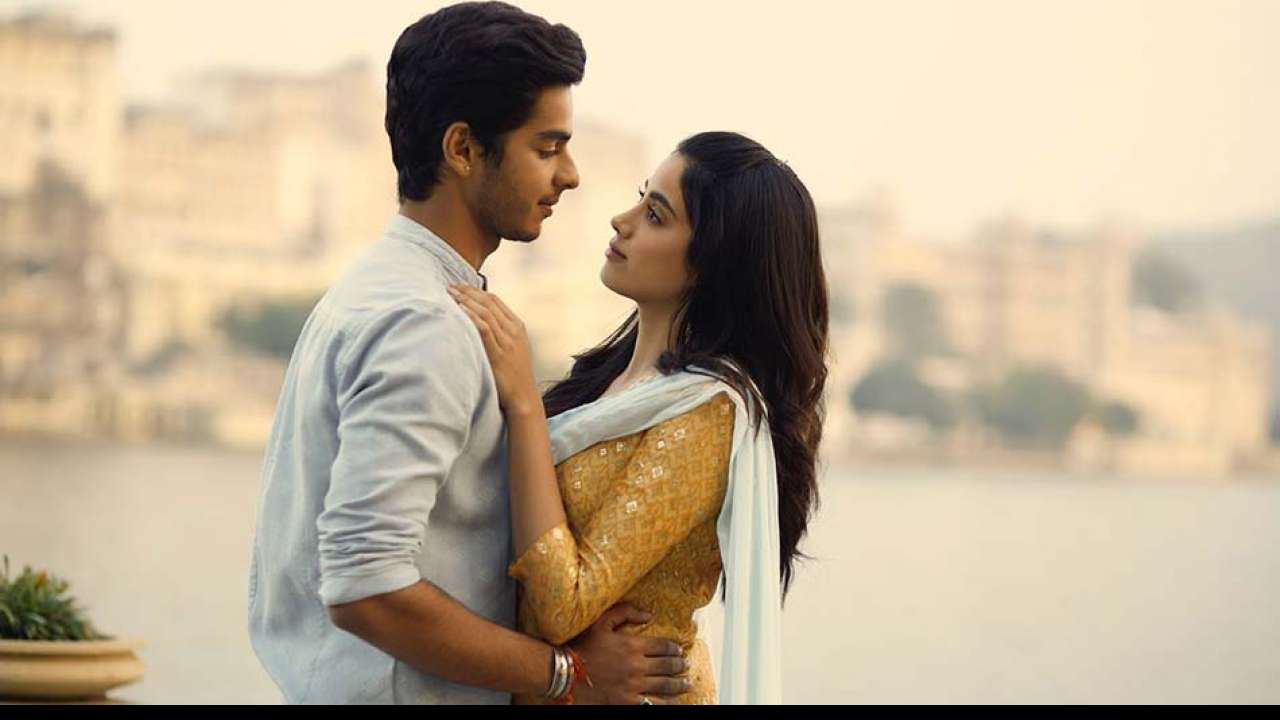
Your favourite scene from the movie?
I think the climax shot, that is the first shot we ever did and I went through that shot so many times. When I met my DOP for the first time, that's the shot I explained to him and we worked on it, the climax of the film is extremely hard hitting and remains extremely special to me, both on the execution level and also because of the kind of reality it exhibits.
Given that the climax shot was also one of the most difficult ones both on the emotional and execution level, what were your instructions given to Janhvi and Ishaan?
The best part about filmmaking is that all your work happens at the pre-production stage. All your emotions kind of plays out then and on the day of the shoot, you focus so much on the execution that sometimes you get caught up in the technicalities. My instructions to the artists, technicians were different. When it comes to Janhvi and Ishaan, Ishaan did not have much to emote here, it was Janhvi and I just told her that don't get bothered by anything we are doing around you. You just stay in the character of what the scene is and what it means to you and continue doing that. Because besides what you see, a lot of technical things happen in the background. For me, it was just constantly reminding her that don't get bothered by anything whether it is camerawork or anything else. I think that was the most important instruction to Janhvi and I think she nailed it.
Your favourite scene of Janhvi in Dhadak?
Oh, she has so many good scenes in the movie. I have so many scenes which are my favourite but I think her phone conversation with her mother in the movie is very special. It is just the way she emotes and performed. I just told her it is a very special scene. It was shot a month and a half later of Sridevi ji's demise and shot on the real and chaos filled locations of Kolkata. Amidst all that to come up with a performance like that, in her first film I think is great.
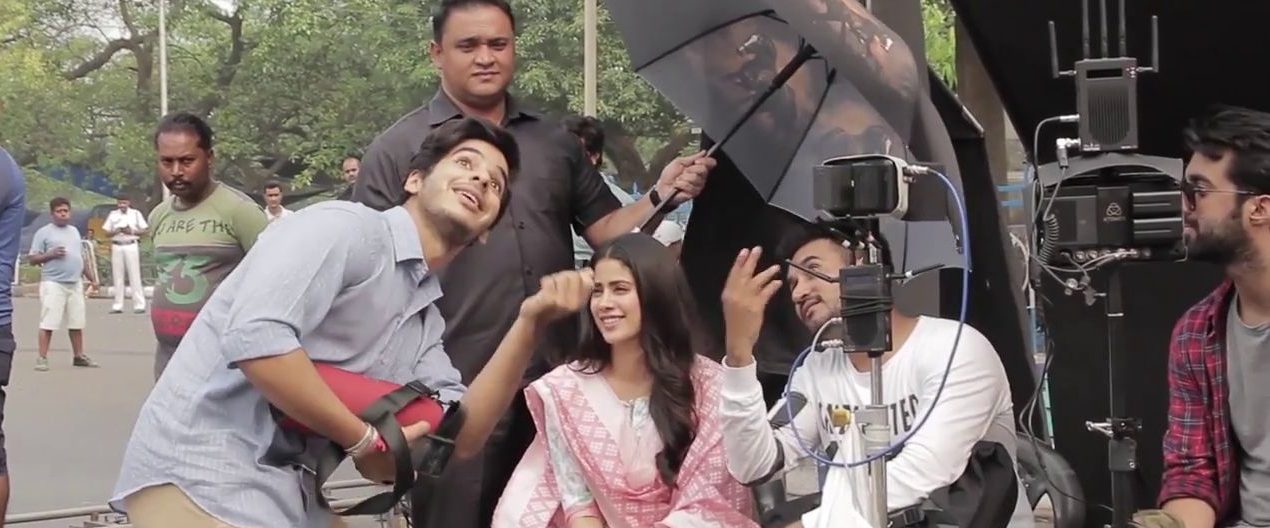
What according to you are the strengths of Ishaan and Janhvi as an actor?
I think the fact that they understand movies and understand what their characters are about and are ready to go to a distance when it comes to an emotional journey. They are not into tricks, they really want to explore every emotion. They did so many rehearsals and even when I was satisfied, they wanted more. They wanted to keep understanding the emotional graph and also the ease with which they performed onscreen is always going to remain their strength. Everyone is telling me that it doesn't look like their first movie.
Many were of the opinion that the basic difference between Sairat and Dhadak was that while the former was about caste difference, the latter explored the class angle...
No, that is not entirely true. There is a major caste angle that happens. Janhvi belongs to the royal family of Udaipur which are like the Rajputanas whereas Ishaan belongs to the Mewari family which are regular Rajasthanis. That itself is a sub-caste to caste difference. Beyond that, there is a clash and economic structure. I chose not to keep spelling things in the film because I did not want to keep pointing fingers and say 'yeh Rajput hai yeh non-Rajput hai'. I think it is visually very clear. Also, there are pressures when you make a Hindi film. Censorship acceptance and the way fingers at pointed at a Hindi film is very different. We have all seen what happened with a Padmaavat. So there are certain restrictions on to how you want to make a film, how you want to pinpoint things and brings them in the open. I chose to bring it out in a subtle way. It is not just class angle but there is a very big caste difference. However, what we did is, we did not kind of bring it in your face, and I think some people have gotten it, some haven't and related it to class. But I think, when it is a story like this, caste also plays a very important part.
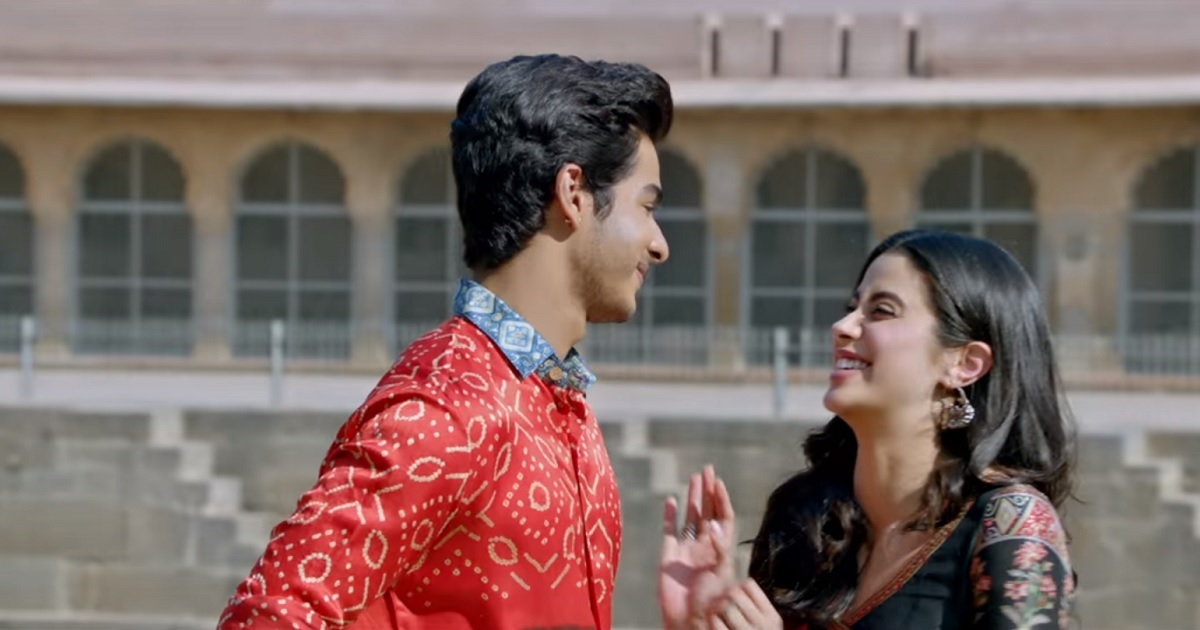
What do you have to say to those who have been critical of the film?
I am very happy that they saw the film and have an opinion on it. I have been mentioning it right from the beginning, it is a creative film and I have the deepest regards for anyone who has not liked the film. Because I don't think it is my job to judge people and their reactions. My job is to keep entertaining people by making movies. I, in fact, sometimes sit and read all the critics and keep the valid points in mind.
Have Sairat director Nagraj Manjule or actors, Akash Thosar and Rinku Rajguru, finally watched the movie?
Dharma and Zee did try to get in touch with them but right now they are very busy with their lives and work, so I don't know if they have and haven't. I myself am very curious to find out.
Ishaan and Janhvi's chemistry onscreen looks terrific. What do you think of their chemistry? What is it that makes them a promising pair?
They have a lot of similarities. They are both very hardworking and they have a very common language of cinema, the kind of movie they like. Also, we spend a lot of time just ensuring that we are all comfortable on the sets with each other. The atmosphere on the sets is that of love and happiness. Also, the fact that they completely surrendered themselves to the character and spent time understanding what love truly means, what separation truly means, they gave it their all and that is where I think their chemistry stands out.





 JOIN OUR WHATSAPP CHANNEL
JOIN OUR WHATSAPP CHANNEL